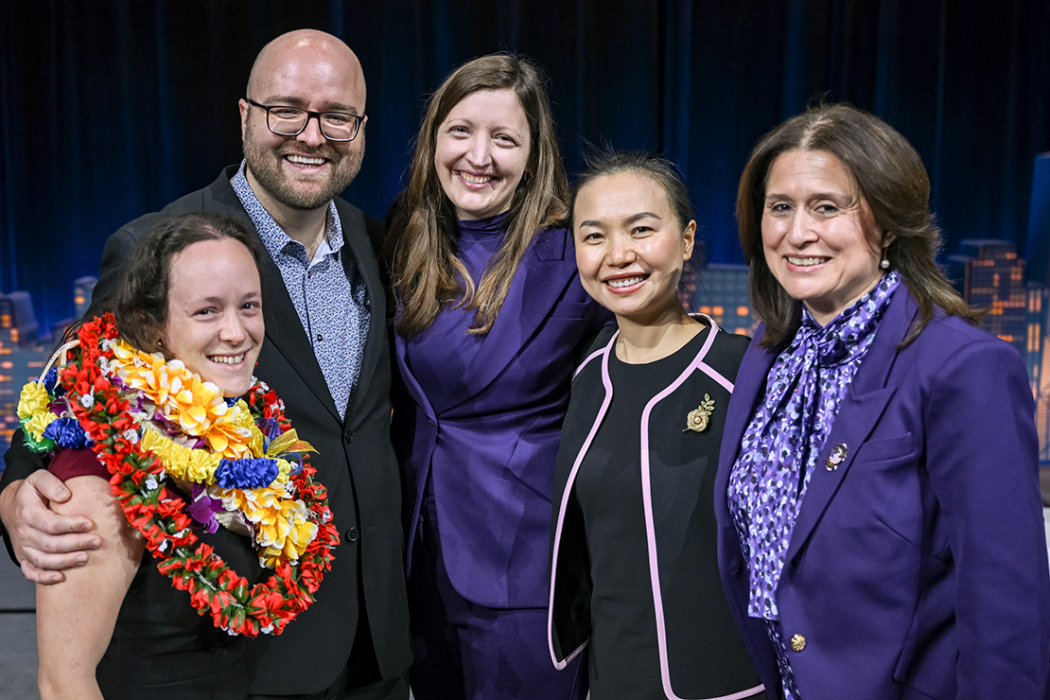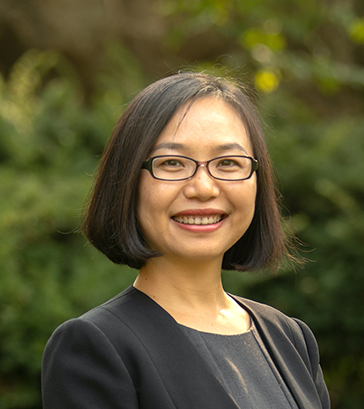Ke Peng

2024 Hall of Fame Nominee

Western Kentucky University
Bowling Green, KY
2024 Finalist from SCOLT
Chinese
First and foremost, I wish to express my sincere gratitude for being nominated and considered for the 2024 ACTFL National Language Teacher of the Year award. Having this honor is truly humbling, as there are many more experienced teachers who do amazing work every day to help the students learn languages and develop cultural competencies. I consider it an honor and privilege to help students and teachers grow academically, professionally, and spiritually. My career has focused on building a proficiency-based and student-centered Chinese learning community at Western Kentucky University (WKU) through effective teaching and assessment. The Chinese program I inaugurated continues to flourish thanks to the support of colleagues both inside and outside of the institution. More than 75 Chinese majors have reached at least intermediate proficiency by the time they graduate from college, and 55 are enrolled in the Chinese Flagship Program. After completing a Flagship Capstone program at DLI or Taipei Center, approximately 30 Flagship students attain advanced proficiency (ILR 2) and 8-10 of them achieve superior proficiency (ILR 3). My success is not my own, but rather a team success guided by a clear vision and backed up by consistent efforts.
The teaching of foreign languages and cultures has traditionally been restricted to the classroom. As far as I am concerned, it is my duty to help students develop cultural and linguistic competencies through curricular activities, co-curricular cultural experiences, community service, and study abroad. The ultimate mission of our program is to serve students who are seeking a way to overcome the limitations and boundaries of their existing environment and help them make massive and transformational changes in life through holistic learning and intercultural experiences. I took painstaking steps to build a value-driven community by collaborating with the instruction team, the student leaders in the Chinese Club, and the Chinese faculty and tutors.
To build a strong articulated curriculum, I incorporated the following best practices to ensure effective teaching and learning in our program:
- Implementing a standards-based and thematically organized curriculum with a clear understanding of the program outcomes for each class/level.
- Facilitating a learner-centered brain-friendly classroom.
- Using the target language and providing comprehensible input for instruction.
- Integrating and connecting culture, content, communities, and language throughout our curriculum.
- Adapting and using age-appropriate and culture-sensitive authentic materials for real-world purposes.
- Applying pedagogy-oriented technologies to enhance learning and teaching.
- Aligning learning objectives to activities and conducting performance-based assessments.
- Taking data-driven measures to assess student learning and improve program effectiveness.
Language and cultural competencies are not developed solely by teaching, but rather by strong leadership and advocacy, community engagement, deliberate and collaborative efforts, and systematic cultivation. My role is to guide students and teachers to make new discoveries—both linguistic and cultural—about the “other” and equally important, about the “self.”